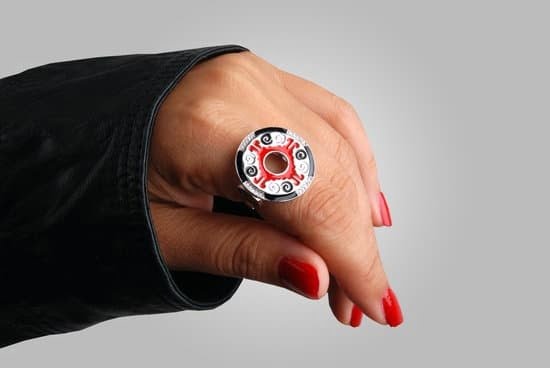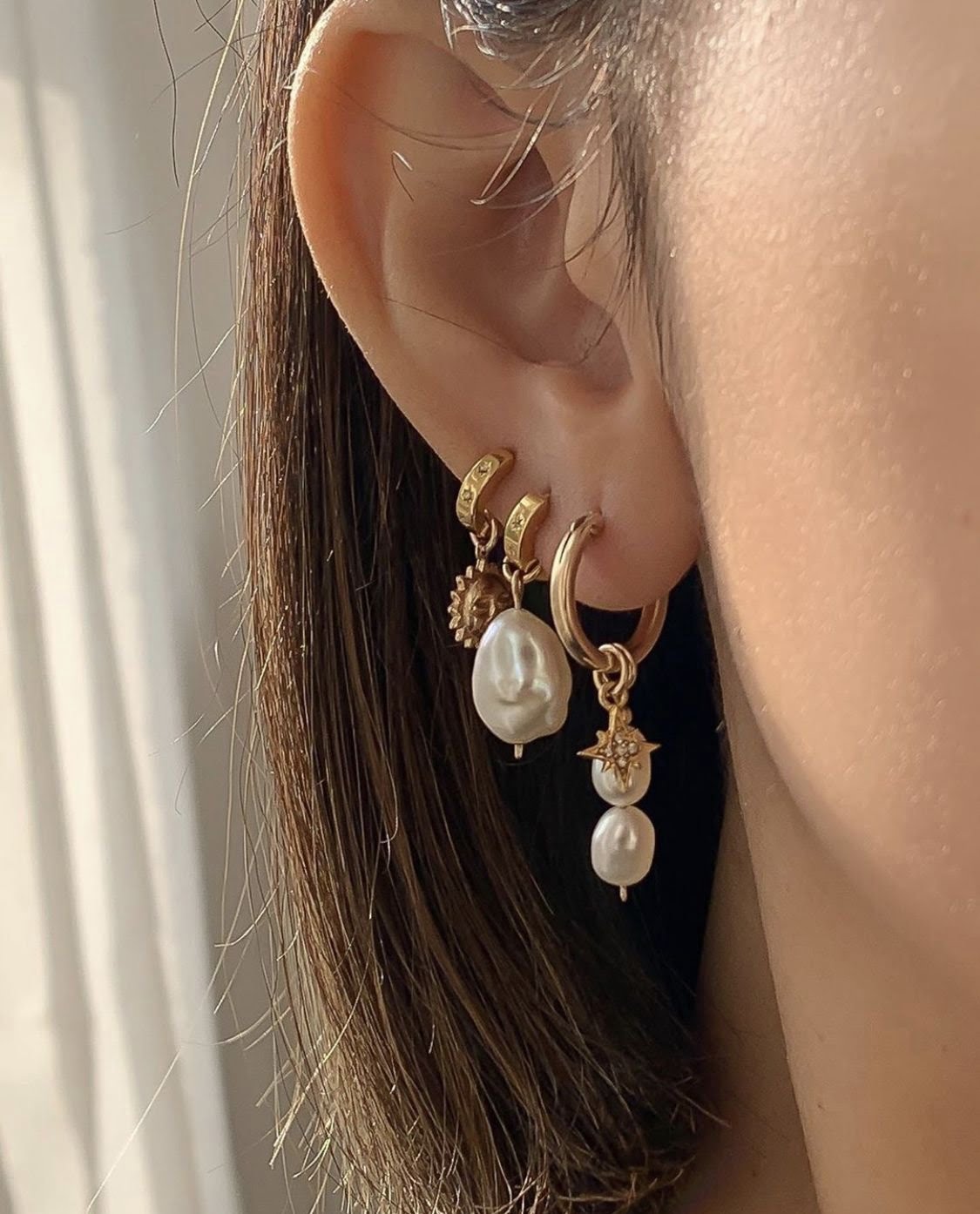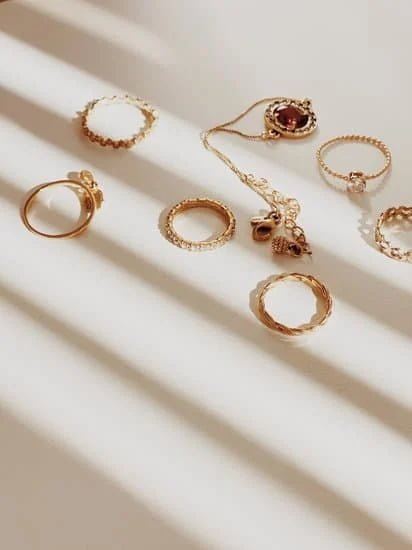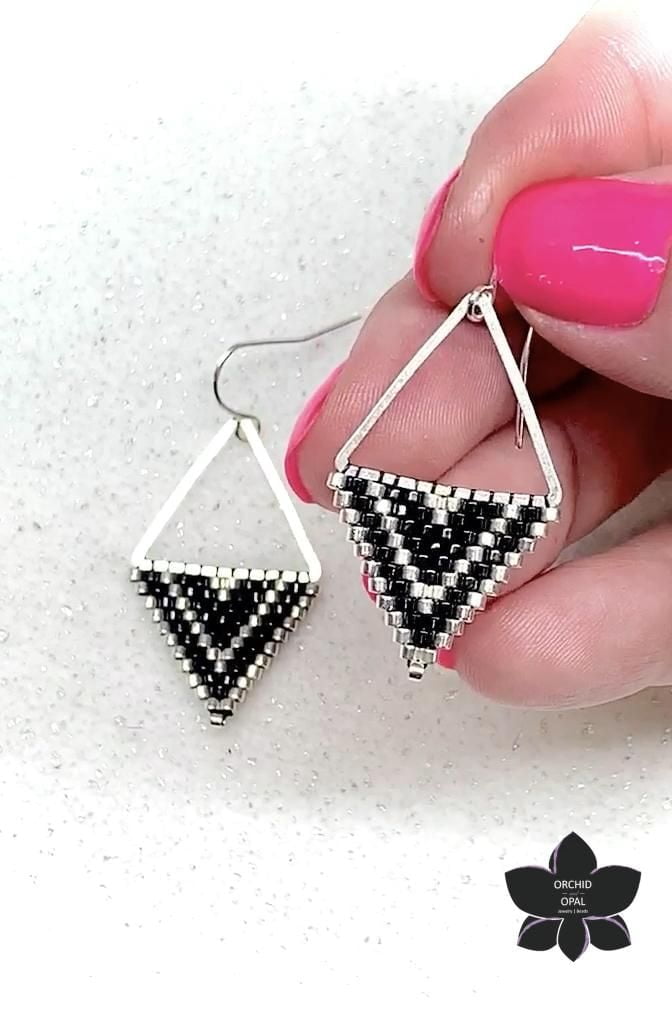Introduction
Appraisal is a word with quite an extensive history. It is originally derived from the Latin word appretiare, which translates to “value too” or “estimate”. Through the years, appraisal has evolved to be specifically associated with the practice of determining the value of jewelry and precious metals specifically. In more common parlance today, it is often referred to as jewelry valuation.
Jewelry appraisal has been practiced since prehistoric times in one form or another, with archaeologists discovering beads and other ornamental wears that have existed since at least 50,000 B.C. This indicates that some level of jewelry valuation was already taking place before even written language was invented—indicating just how integral jewelry assessment has become in society over time.
In modern times, jewelry appraisal involves much more than simply rough estimates of what something might cost on the open market—the process goes far deeper than that. A professional appraiser needs to take into account numerous factors when reviewing any given piece of jewelry – from its weight, metallurgical composition and stone type(s) and cutting style to its age and historical significance (if any). Additionally, a skilled appraiser should have experience applying recent sales data to their estimates so they can provide clients with reasonable market values for their items factoring in current market trends.
The Appraisal Process
The appraisal process for jewelry is an important element of owning and purchasing jewelry. An appraisal establishes the true worth of a piece by providing a detailed description of its characteristics, such as the quality and grade of the material used and any other features that add to or detract from value. You may have to pay a fee in exchange for an accurate appraisal.
Before seeking out an appraiser, do your research and make sure they are experienced in appraising jewelry specifically. An experienced appraiser will have extensive knowledge about the physical traits of gemstones, precious metals, diamonds, and other materials used in jewelry making, as well as their current market values. They should also use reliable methods for determining value such as conducting research on public records or comparing items with similar qualities already sold.
It’s also important to make sure that you’re selecting an appraiser who provides independent services; someone who has no connection to people from whom you purchase a piece or who might benefit from offering higher rates than its actual worth. Additionally, ensure that your prospective appraiser can issue you a valid written report stating the fair market value (FMV) of the item being appraised, including gem report data if it exists. Finally, ask your appraiser for references so that you can verify their qualifications and inquire about their accuracy before taking their final assessment on board.
What to Expect from a Jewelry Appraisal
When you take your jewelry to a qualified appraiser, they will inspect it with the required tools, instruments and lighting. The jewelry’s condition, carat weight and quality of stones are some factors that will be considered when evaluating the appraisal value of the piece. The appraiser may also compare your piece with similar items sold on the market. Your jewelry pieces may also be tested for authenticity.
The appraiser will then generate a report which states the overall identification, description and estimated replacement value based on current market trends. The report should include clear photographs to assist in identifying your item if needed in the future. This can come in handy when it comes time for insurance claims or when considering selling or donating a piece. Additionally, an appraisal report may include your name as well as any additional information about previous owners.
Appraising Different Types of Jewelry
When it comes to appraising jewelry, the process is highly detailed and complicated. Generally, when someone wishes to appraise a piece of jewelry they must be aware of its individual characteristics; for example, determining the type, style, and age of the piece. Different types of jewelry vary greatly in their value due to many factors like condition, maker, weight and quality of the materials used. For instance, antique pieces are often much more valuable than modern items because the craftsmanship involved in creating them is usually much higher than contemporary pieces. Therefore, it is very important to accurately determine the type of jewelry being appraised so that its correct value can be determined.
In addition to understanding what type of jewelry it is that needs to be appraised, an important step before beginning to assess value is determining what materials were used in the item’s creation. Commonly found materials include silver or gold-plated metals alloys such as brass or copper plating; stones such as diamonds or semi-precious gemstones; glass beads and acrylic plastics; cultured pearls and sometimes even exotic stones from all over the world. By accurately deciphering which elements have been used to create a certain piece (such as Sterling Silver with a real diamond accent) certified experts can determine a rough estimate for current market value. They often refer to trusted resources such as price guides or website databases that contain up-to-date prices on typical materials used in jewelry making from around the world
Finally – but no less importantly – appraisal includes examining an item’s condition including any damages or wear on parts due to years of storage or use. This may ultimately impact an item’s worth significantly depending on whether its condition outweighs potential damages incurred by natural wear and tear over time. All considerations in mind make sure you always seek assistance from certified professional jewelers if you are considering having something valuable appraised!
The Benefits of Having Your Jewelry Appraised
The process of appraisal is important for anyone who owns jewelry as it provides a value and an estimate of the worth of the item. A professional appraisal will likely be requested when making insurance claims, selling the piece, or determining estate values. For those who invest in jewelry, appraisals provide evidence of the worth and can help with defining factors such as its condition and authenticity. Jewelry appraisers are educated professionals that have gone through lengthy periods of training and certification programs – meaning they are knowledgeable to assess any items from antiques to modern pieces. They will not only provide the correct value for a piece but can also accurately describe its style, types of metal and gemstones used, place of origin, age, authentication stamps, and much more. Furthermore, appraisals protect against misrepresentation or fraud should one choose to resell or donate their jewelry in any way. Knowing exactly what you own can mean the difference between getting either undervalued or overpriced offers on a pinch sale – thus safeguarding your investment at all times!
Common Mistakes to Avoid When Having Jewelry Appraised
Appraisal is an important step when it comes to the value of jewelry. During appraisal, a certified gemologist or jewelry appraiser will assess the jewelry piece and provide an estimated market value of the item. Proper appraisal is necessary, as it is essential in selling, buying, insurance purposes and most importantly for determining the worth of a specific piece of jewelry.
When having jewelry appraised, there are some common mistakes to avoid. Firstly, do not rely solely on internet research as it does not typically reflect accurate assessment results. Online researching can provide inaccurate values due to lack of expertise and hands-on inspection by a professional. Secondly, obtaining your Jewelry appraisal from anywhere other than from a certified gemologist or appraisal specialist is unwise since they are trained professionals and have experience in conducting accurate appraisals. Lastly, be sure to keep records about your item’s provenance (documentation of its past owners), as this helps verify authenticity and may greatly impact the cost evaluation of your item.
Tips for Choosing a Reputable Jewelry Appraiser
Appraisal of jewelry is the process of evaluating and scrupulously examining pieces of jewelry to determine its worth based on parameters of material quality, condition, and aesthetics. The purpose of a jewelry appraisal is usually for insurance coverage and/or selling decisions. It may also be done to evaluate a piece for purity according to karat values or as part of an estate appraisal.
When choosing a reputable jewelry appraiser, it’s important to ensure that they are qualified and experienced. A competent appraiser should be affiliated with an ethical jewelry organization such as the Jewelers Vigilance Committee or the American Gem Society as these organizations have codes of professional responsibility that members must adhere to in order to remain members in good standing. The appraiser should also have experience specifically in appraising your type of jewelry, since valuable pieces often require a specialized level of expertise that can’t be found everywhere. Make sure you ask for proof regarding their certification and qualifications before you agree for them to do the appraisal. Additionally, most professional appraisers offer fixed prices for their services, so inquire about this before you start the project. Communication between each other is key in ensuring that you get exactly what you need out of your jewelry appraisal experience as well as establishing trust between both parties involved.
Conclusion
When it comes to evaluating jewelry, appraisals are an important step. Appraisal is the act of assessing value based on gemstone quality, metal purity, and craftsmanship. It is important to obtain a professional jewelry appraisal when selling or insuring your pieces as it will provide an accurate indication on the true value of your piece. Knowing the value of your jewelry helps ensure that you are receiving the right amount of monetary compensation should something ever happen to your prized items. It also provides peace of mind knowing that you are adequately covered when taking out insurance plans for these pieces. Furthermore, having a formal assessment of your jewelry pieces allows you to objectively compare their benefits and identify any areas needing improvement. This can help you keep more accurately informed when making decisions associated with cost and repairs as well as increase resale potential through a better understanding regarding the overall condition of each individual component included in the piece. All in all, understanding the full worth of your jewelry creations provides numerous benefits for both yourself and any parties involved in related transactions involving these intricate beauties.

Welcome to my jewelry blog! My name is Sarah and I am the owner of this blog.
I love making jewelry and sharing my creations with others.
So whether you’re someone who loves wearing jewelry yourself or simply enjoys learning about it, be sure to check out my blog for insightful posts on everything related to this exciting topic!





